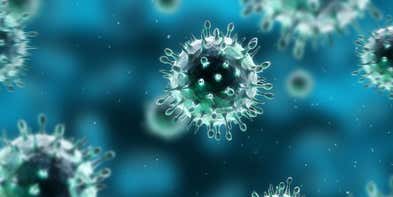

Need help characterizing viral and lipid-based vectors? Sign up for our Vector Analytics Masterclass. Register now
Register nowAnalytical tools and expertise to fast-track your life-changing gene therapy products
Unleash the power of world-leading analytical technology and specialist industry expertise to deliver the gene therapies of the future.
The use of viruses as cell and gene therapy vectors is complex, and in this fast-moving field there is no playbook to help you develop methods and safely scale-up products and processes.
Malvern Panalytical provides more than world-leading instrumentation.
Developing viral vectors requires fit-for-purpose tools and the know-how to apply them to generate the data you need. With years of experience supporting customers in the development of gene therapy products, our application scientists have the knowledge to help you access breakthrough insights from your analytical toolbox.
Work with us to overcome your gene therapy challenges:
We’re ready to apply a combination of analytical instrumentation and years of experience to provide flexible support, wherever and whenever you need it – to drive forward the therapies of the future.
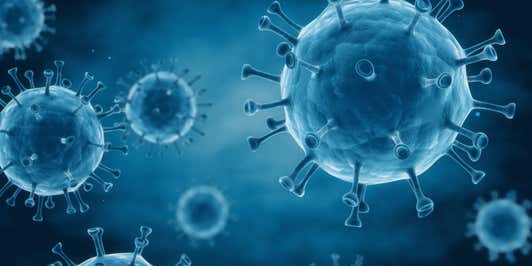
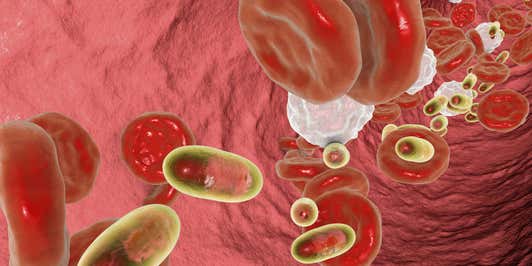
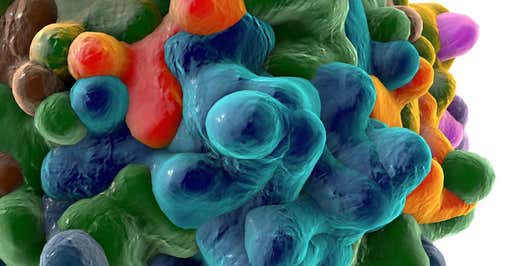
Whatever characterization challenges you are facing, chances are we’ve worked with a team just like yours and helped them implement the technology and methods needed to make safe and effective drug products faster.
To find out how our team of experts can accelerate the development of your next product and speed up your journey to market, contact us today.
From capsid design, through to the optimization of downstream process conditions. From formulation and stability tests to the extended characterization of drug substances and drug products.
Comprehensive physicochemical, biochemical and biological data provide insights on the performance of viral vectors, helping with the selection of the optimal viral capsid.
The gene therapy production process must meet strict regulatory requirements and other internal expectations for quality, timelines and costs - which calls for fit-for-purpose solutions and specialist expertise.
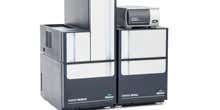

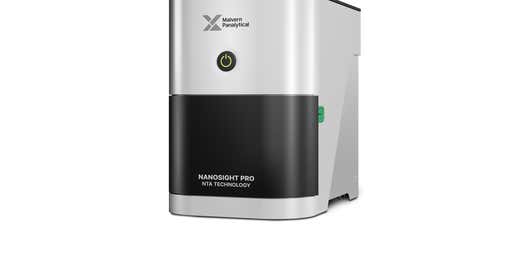






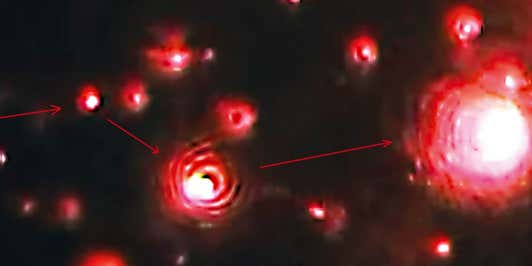



From capsid design, through the optimization of downstream process conditions, to formulation and stability tests and the extended characterization of drug substances and drug products, technologies such as Dynamic Light Scattering (DLS), Electrophoretic Light Scattering (ELS), Multi-Angle Dynamic Light Scattering (MADLS), Size Exclusion Chromatography-Multi-Angle Light Scattering (SEC-MALS), Nanoparticle Tracking Analysis (NTA), Grating-Coupled Interferometry (GCI), Isothermal Titration Calorimetry (ITC) and Differential Scanning Calorimetry (DSC) are used to inform scientists on the key analytical and quality attributes of viral vectors, enabling characterization, comparison and optimization of:
DLS, MADLS, SEC-MALS, NTA, GCI, ITC, and DSC are label-free quantification techniques which require minimal assay development and can be readily applied at all stages, strengthening the analytical workflow for gene therapy development.
Although the discovery process for gene therapy is shorter than that typically seen in traditional drug discovery, the high degree of product complexity introduces additional challenges which must be addressed early-on to assure the delivery of safe and efficacious products. Amongst these challenges are:
The solutions in both cases are based upon a comprehensive set of physicochemical, biochemical, and biological data which informs on the performance of the viral vector and feeds back on the selection process.
At this stage, extensive biophysical characterization of engineered capsids and viral vectors using DLS, MADLS, SEC-MALS, ITC, and DSC supports the reliable evaluation of important quality metrics and interpretation of the results of biochemical and biological assays, via measurements of capsid size and titer, aggregate formation, % full measurement, receptor binding, thermal stability and capsid uncoating propensity.